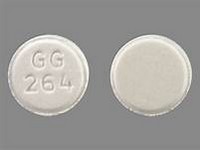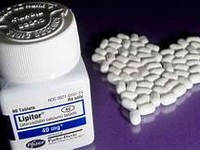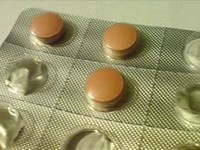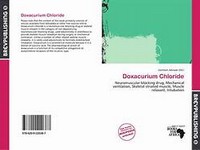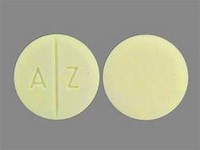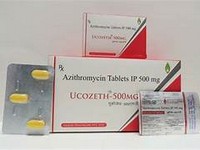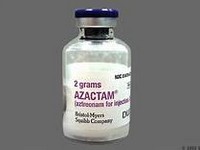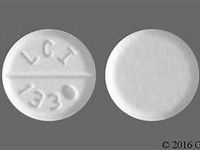Basiliximab
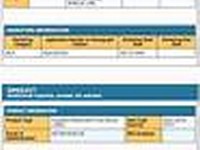
Basiliximab
CLINICAL USE
Chimeric murine/human monoclonal anti CD25 antibody:DOSE IN NORMAL RENAL FUNCTION
20 mg 2 hours before transplant and 20 mg 4 days after transplantPHARMACOKINETICS
DOSE IN RENAL IMPAIRMENT
GFR (mL/MIN)
DOSE IN PATIENTS UNDERGOING RENAL REPLACEMENT THERAPIES
IMPORTANT DRUG INTERACTIONS
Potentially hazardous interactions with other drugsCiclosporin: may alter ciclosporin requirementsTacrolimus: may alter tacrolimus requirementsADMINISTRATION
Reconstition
Reconstitute each vial with 5 mL water for injection then dilute to 50 mL or greater with sodium chloride 0.9% or glucose 5%Route
IV infusion
Rate of Administration
20–30 minutesComments
–OTHER INFORMATION
cinIn vitro studies indicate that basiliximab binds only to activated lymphocytes
See how to identify renal failure stages according to GFR calculation
See how to diagnose irreversible renal disease
Home
